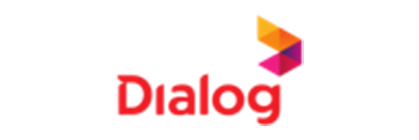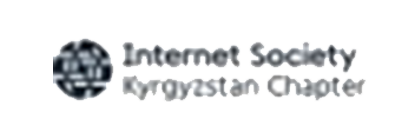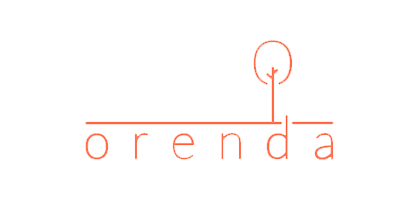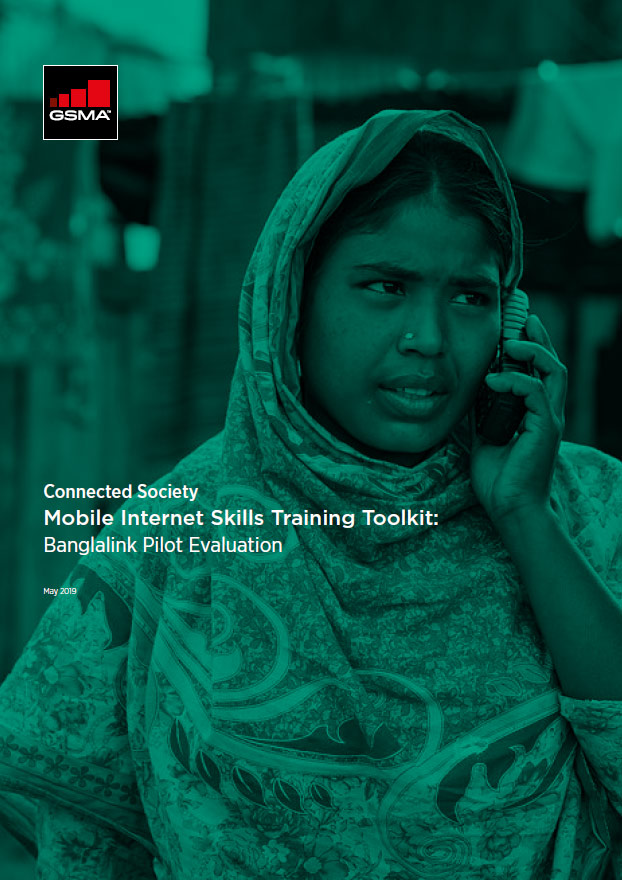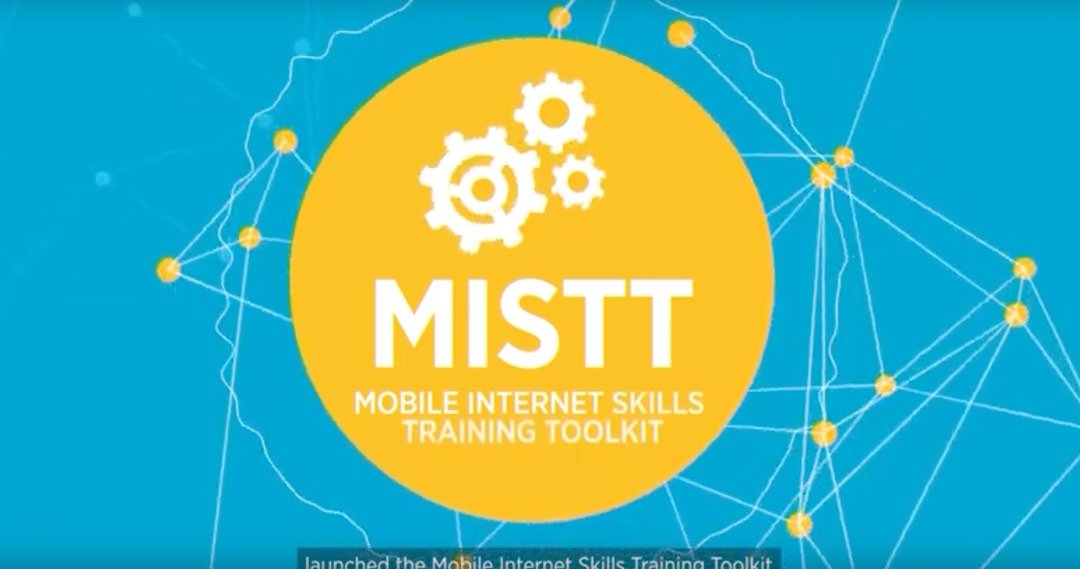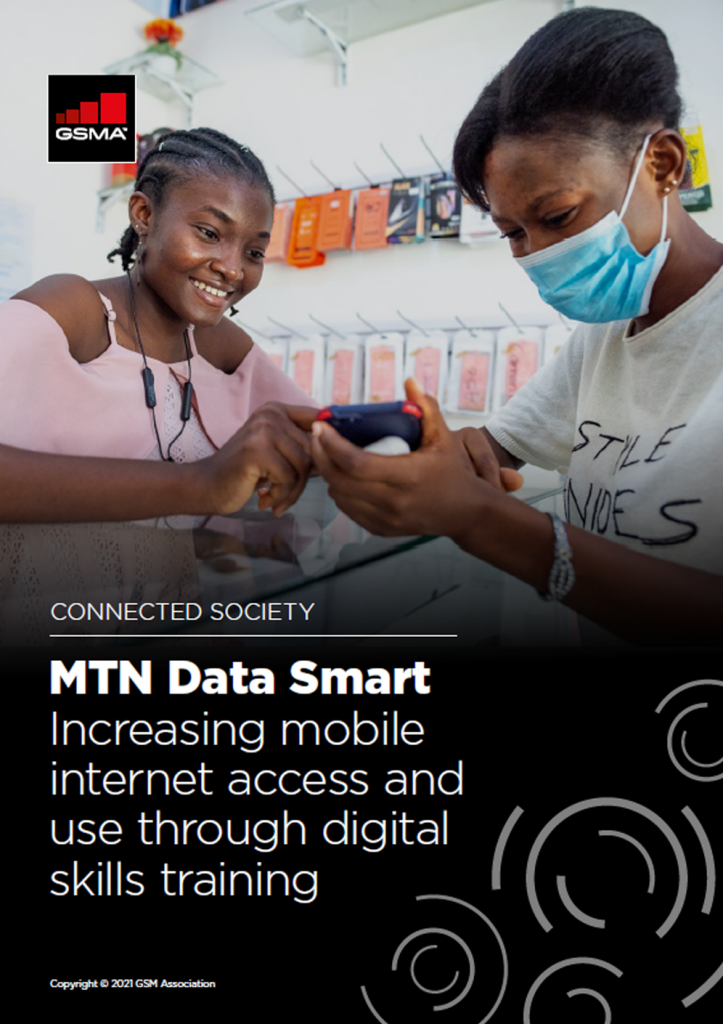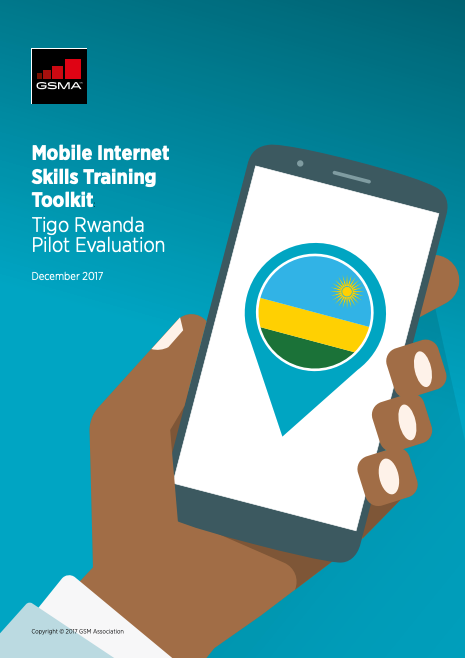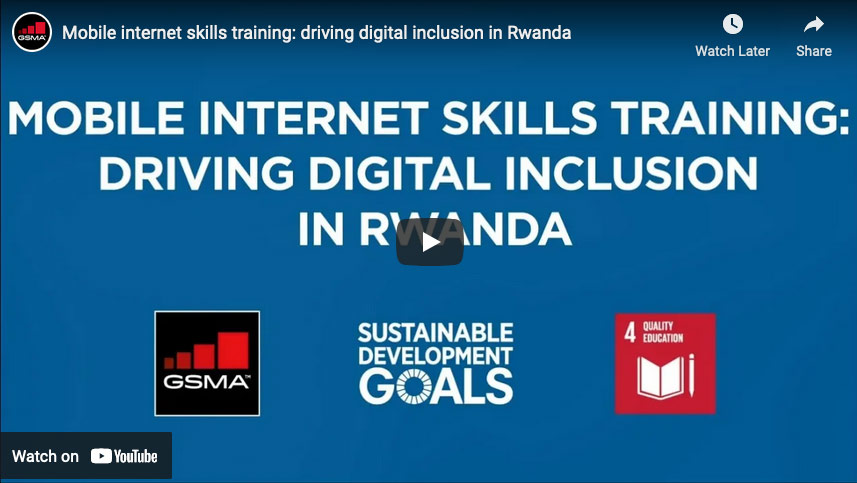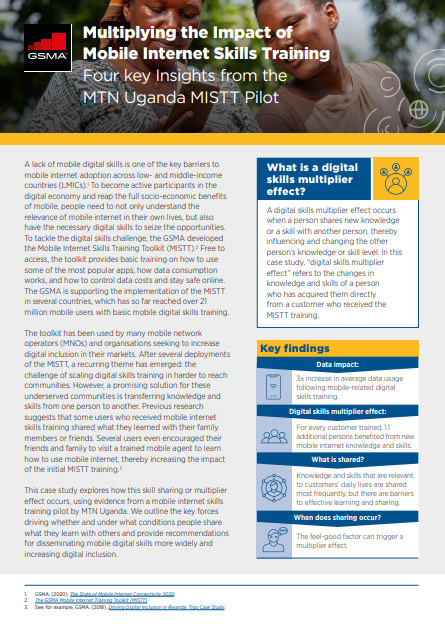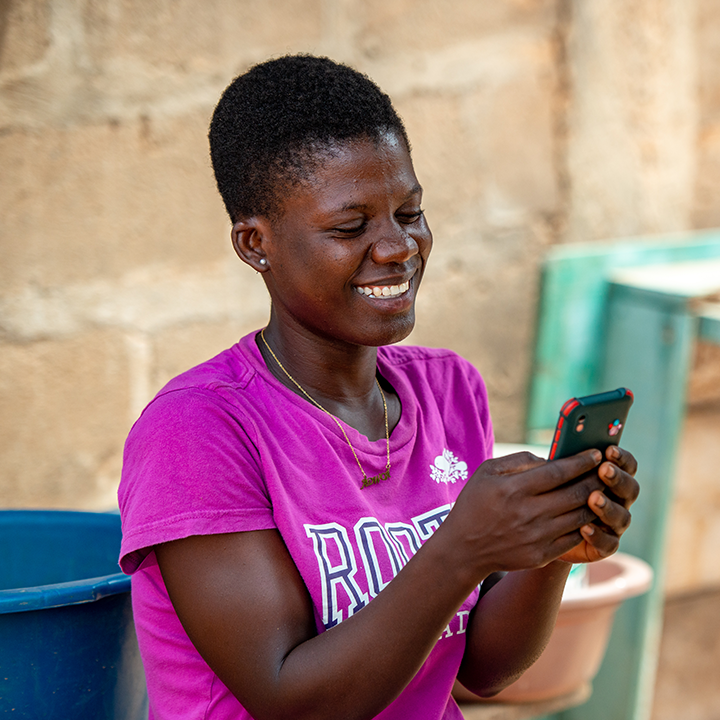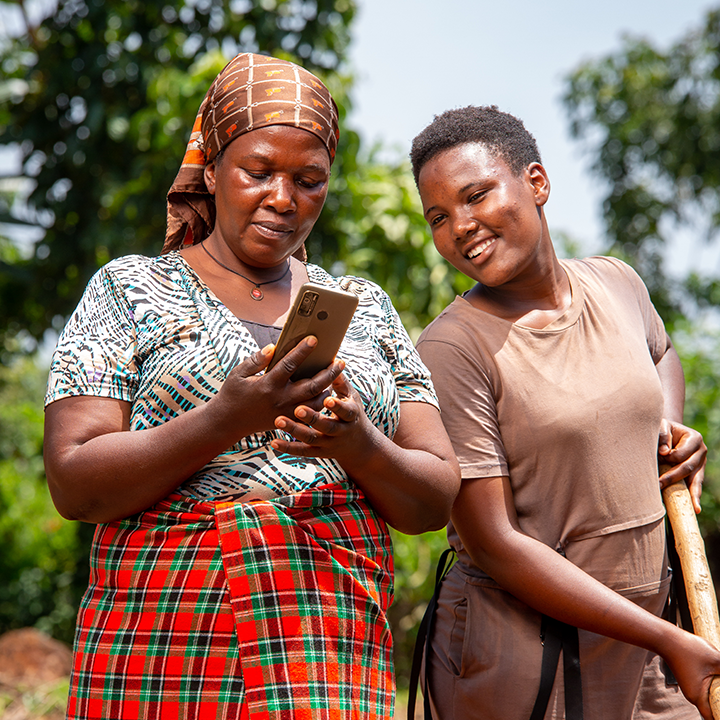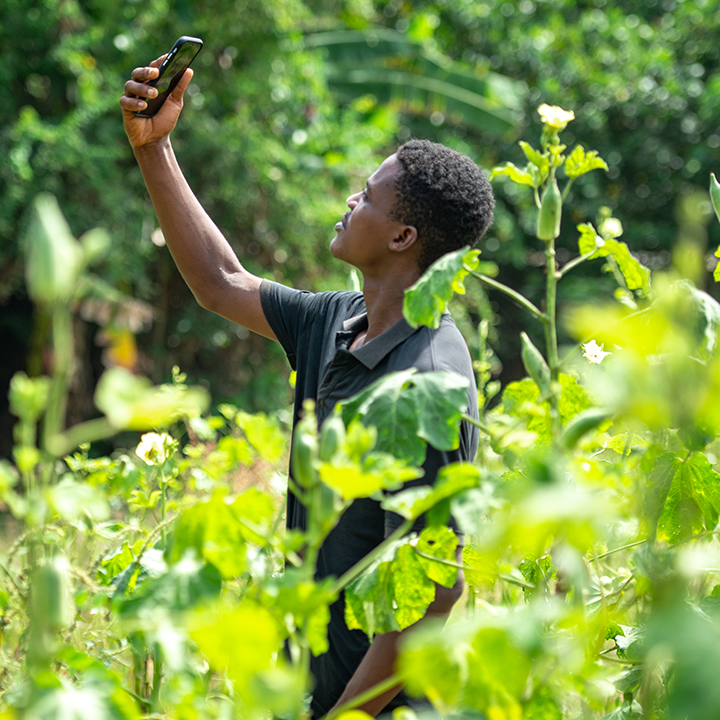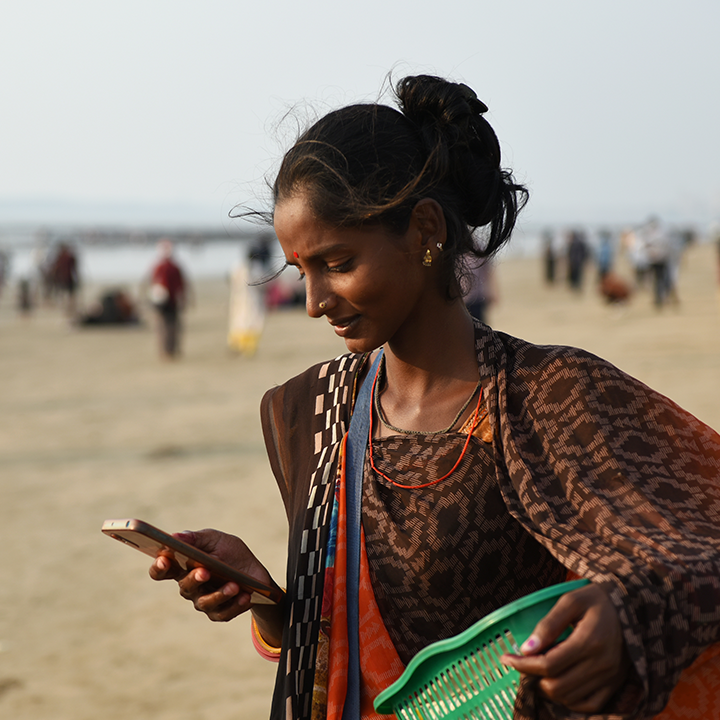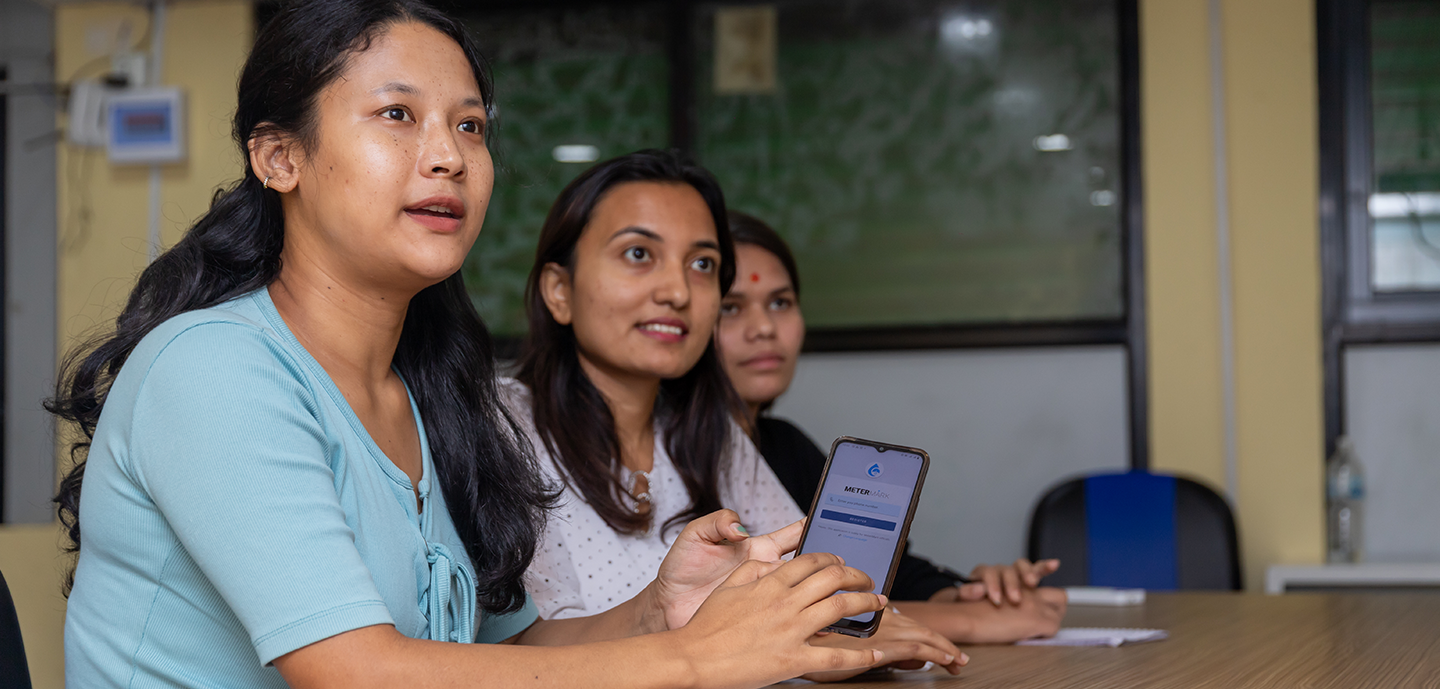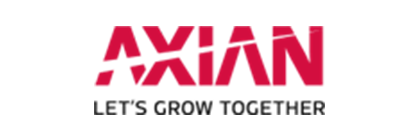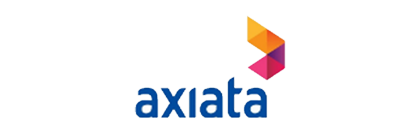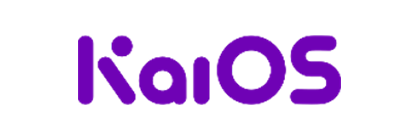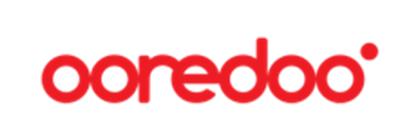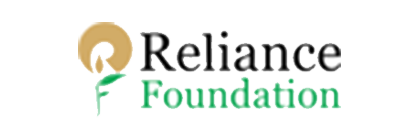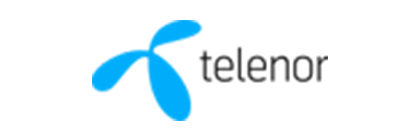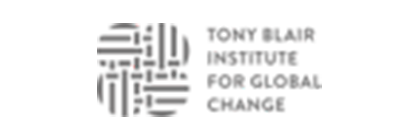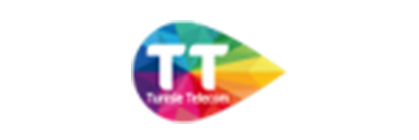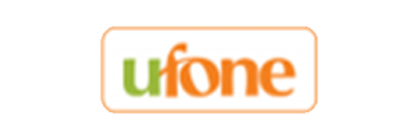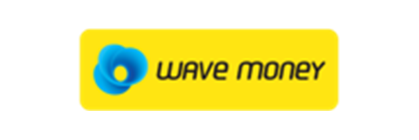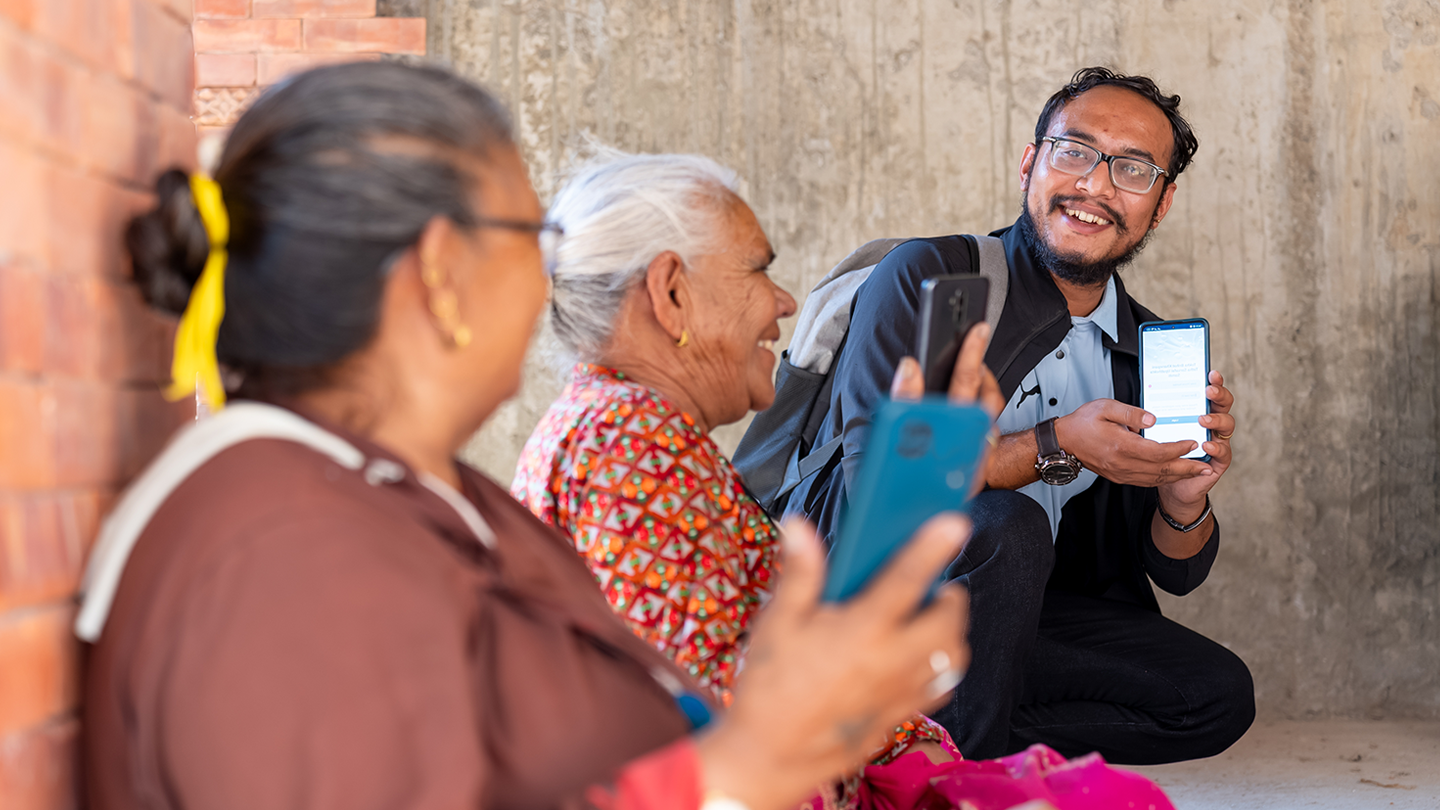
Mobile Internet Skills Training Toolkit
Empowering millions with mobile internet skills
Welcome to the GSMA Mobile Internet Skills Training Toolkit (MISTT)
Today more than 3 billion people worldwide are not using mobile internet, despite being within the footprint of a mobile broadband network. Affordability remains a key barrier, yet a lack of the essential digital skills required to use mobile internet as well as awareness of internet use cases prevent the unconnected from using and benefitting from mobile internet.
To address this barrier, the GSMA developed the Mobile Internet Skills Training Toolkit (MISTT). MISTT is a set of free resources for teaching people the basic mobile digital skills they need to access and use mobile internet. The toolkit uses a ‘train the trainer’ approach and consists of short lessons available in PDF and video format that can be easily adapted to local needs and languages and delivered to customers in a range of different ways.
Drawing on our experience supporting the training of over 70 million people with MISTT, we can support your digital skills efforts in a variety of ways, including advice on strategy, best practices for reaching women, monitoring and evaluation analysis support, troubleshooting during a campaign, ToT sessions, promotion of impact, and more.
Get in touch at [email protected].
The challenge
Worldwide, more than 3 billion people are covered by a mobile network but do not use it. A lack of digital skills remains a key barrier to benefitting from mobile internet.
The solution
MISTT is a set of free resources to educate people on the basics of mobile internet including what it is, why it is relevant, and how to use it safely, to provide them with the basic digital skills needed to use mobile internet effectively.
The impact
MISTT has so far been used to train more than 70 million people across over 40 countries with basic mobile digital skills. MISTT is proven to increase customer adoption and usage of mobile internet.
Explore the GSMA Mobile Internet Skills Training Toolkit
Click on each of the four tiles below to discover all the modules of the toolkit.
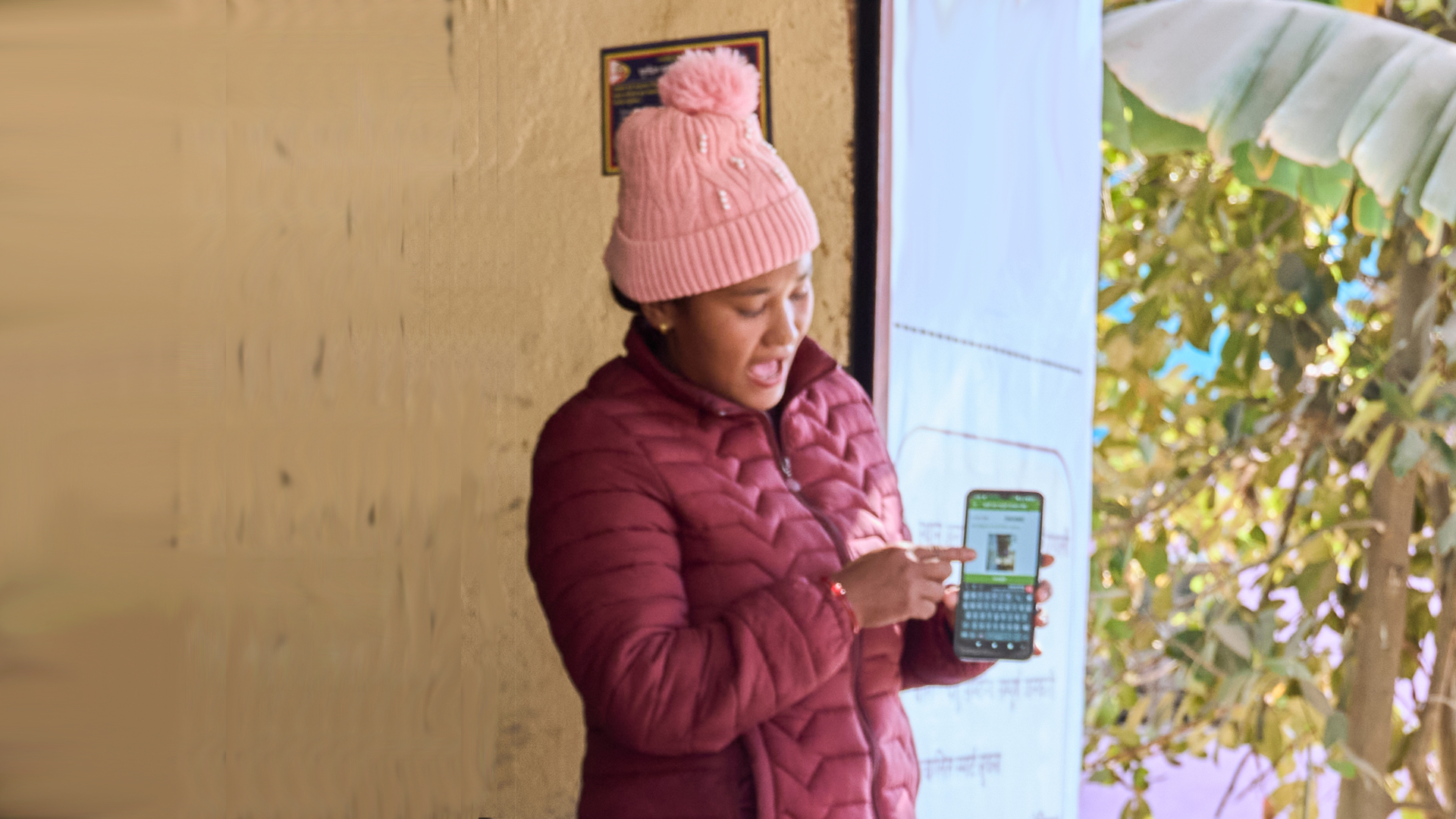
Guidance for Trainers

Popular Apps & Websites

Internet
Fundamentals
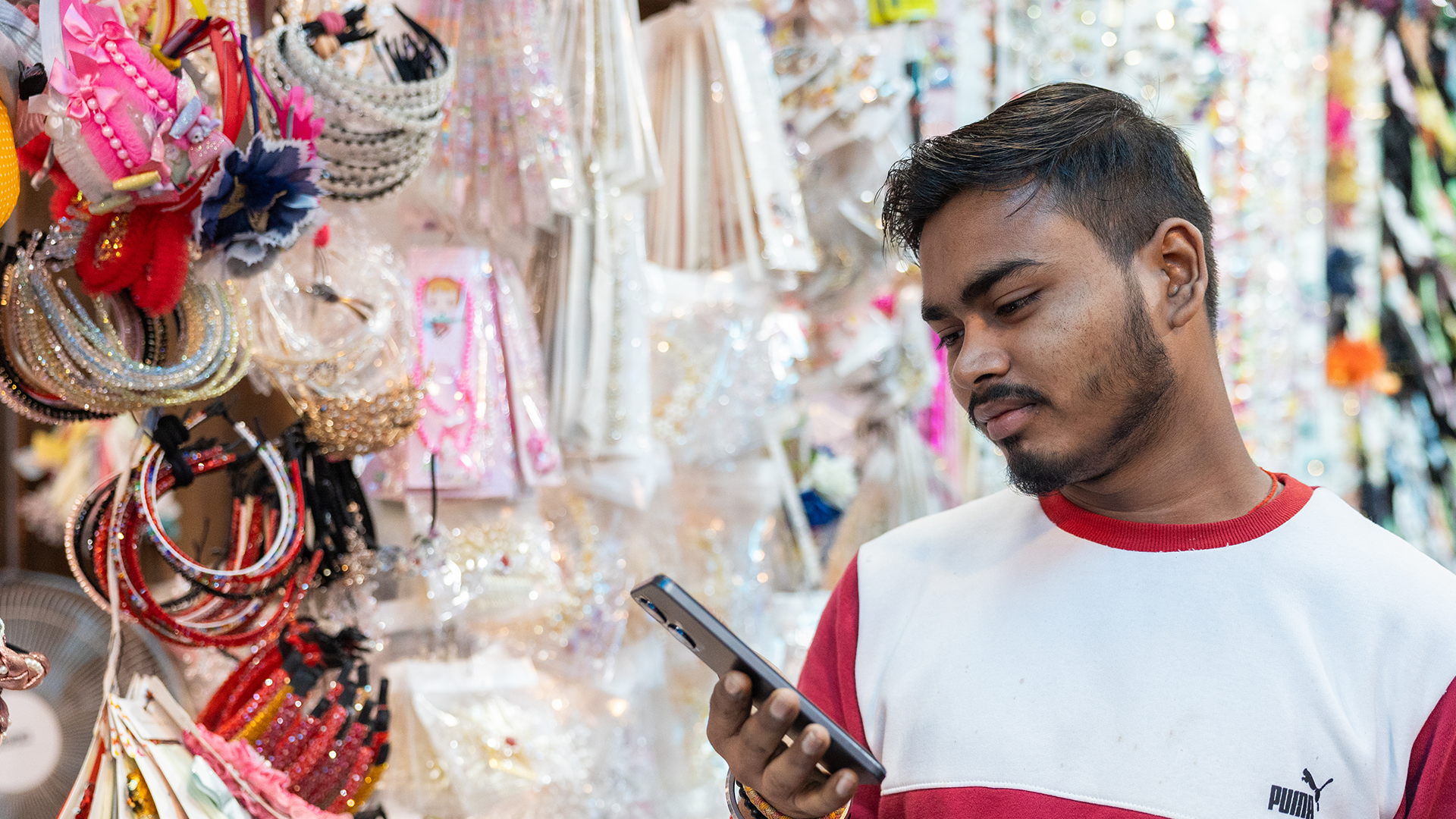
Mobile Internet
Use Cases
Search
Quickly find relevant training content in the language you need.
Impact and learnings
More than 70 million people across more than 40 countries have been trained using the MISTT. MISTT is proven to increase customer adoption and usage of mobile internet. Click on a highlighted country in the map below to find out about the MISTT implementation and its impact in that country.
Over
70,000,000
Mobile Internet Skills Training Toolkit users worldwide
40+
countries
Click on a highlighted country to find out about the MISTT implementation in that country and its impact.
- Bangladesh
- Benin
- Cameroon
- Rwanda
- Uganda


Mobile internet use increased by 228% among trained users.
42% started using mobile internet during the pilot phase.
Data revenue increased by 143%; and of those who had not used data on their Banglalink SIM before.
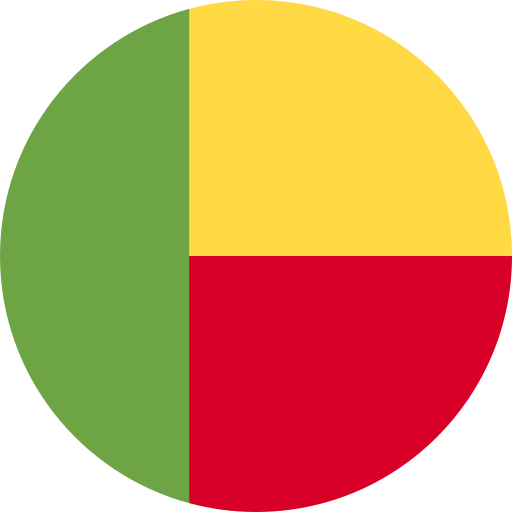
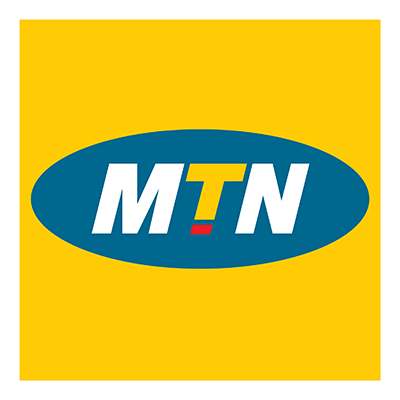
After the pilot in Benin, the average monthly mobile internet use per trained customer increased from 15 MB to 79 MB over a four-month period, an increase of 427%. Uptake was highest among smartphone users, with monthly data usage soaring from 57 MB to 322 MB, an increase of 465%. Similarly, data use among feature phone users more than tripled.
In addition to higher data use, the total number of active data subscribers (ADS) increased by over 300,000 (before and after the pilot), a 24% increase.
Across all device types, monthly mobile internet data ARPU increased four-fold, from CFA 26 to CFA 107, an increase of 311%. Smartphone users showed even more impressive uptake, from CFA 88 to CFA 423, a 380% increase.
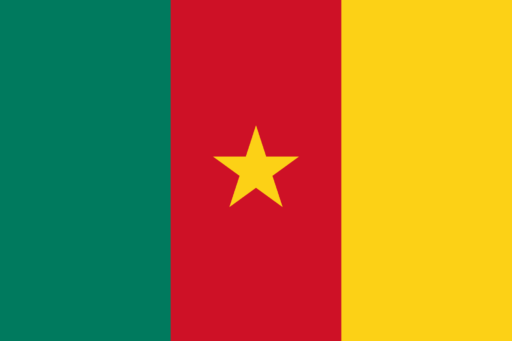

After the three-month pilot, average monthly mobile internet use increased from 42 MB to 139 MB among trained customers across all devices (231% increase). This uptake was significantly higher for smartphone users, with average monthly data usage rising from 80 MB to 337 MB, an increase of 321%.
As a result of the pilot, the monthly data ARPU of trained customers increased significantly, from CFA 99 to CFA 172 (74% increase) for all users, and from CFA 103 to CFA 269 (161% increase) for smartphone users.
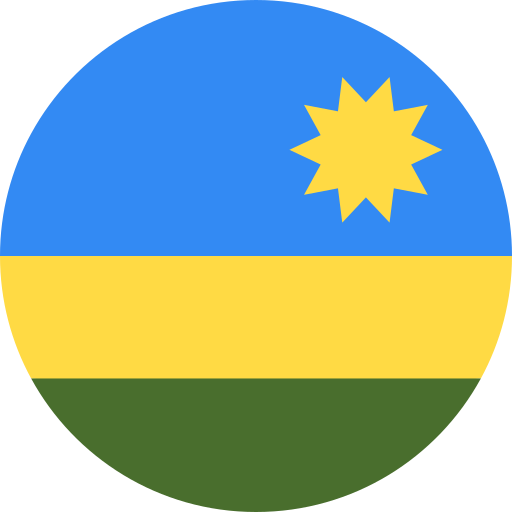
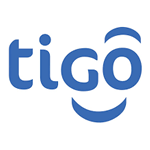
77% of MISTT trained customers increased their data usage.
MISTT trained sales agents managed to increase the number of new data subscribers by 15%.
MISTT had an ROI of 13% in a month and 240% in a quarter.
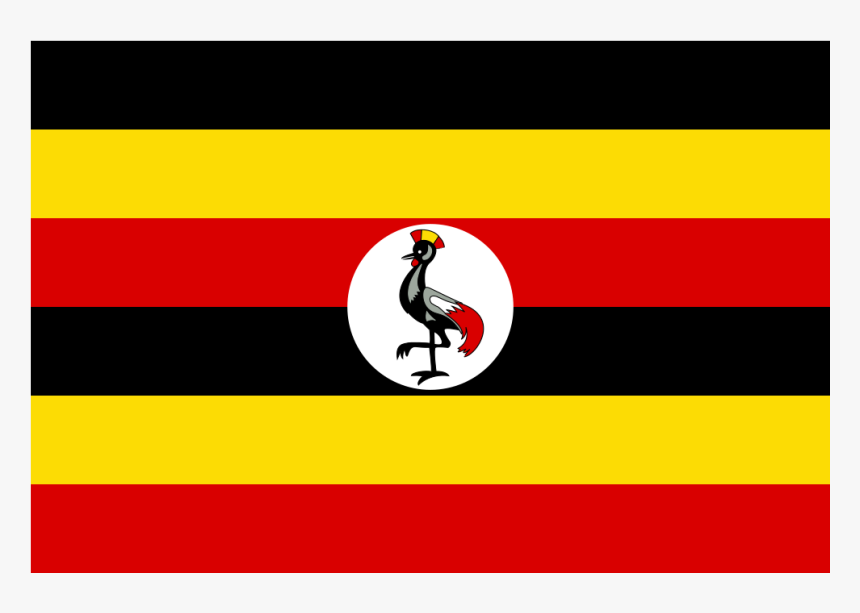

Mobile internet data usage tripled following a mobile-related digital skills training pilot delivered to mostly literate customers who had at least a secondary school degree.
New knowledge and skills reached more than double those trained during the pilot. For every customer trained, 1.1 additional persons benefited from new mobile internet knowledge and skills.
Case Studies
Companies that have implemented MISTT
The MISTT has already been implemented by the following organisations:
Contact
If you have any questions or would like to learn about the support we can offer you to roll out the MISTT in your market, please get in touch.
Subscribe
Do you want to be the first to hear about MISTT updates? Subscribe to our mailing list and we’ll notify you when new content is available.
Our donors and partners
This initiative is funded by the UK Foreign, Commonwealth and Development Office (FCDO), the Swedish International Development Office (Sida) and Norwegian Agency for Development Cooperation (Norad) and is supported by the GSMA and its members.
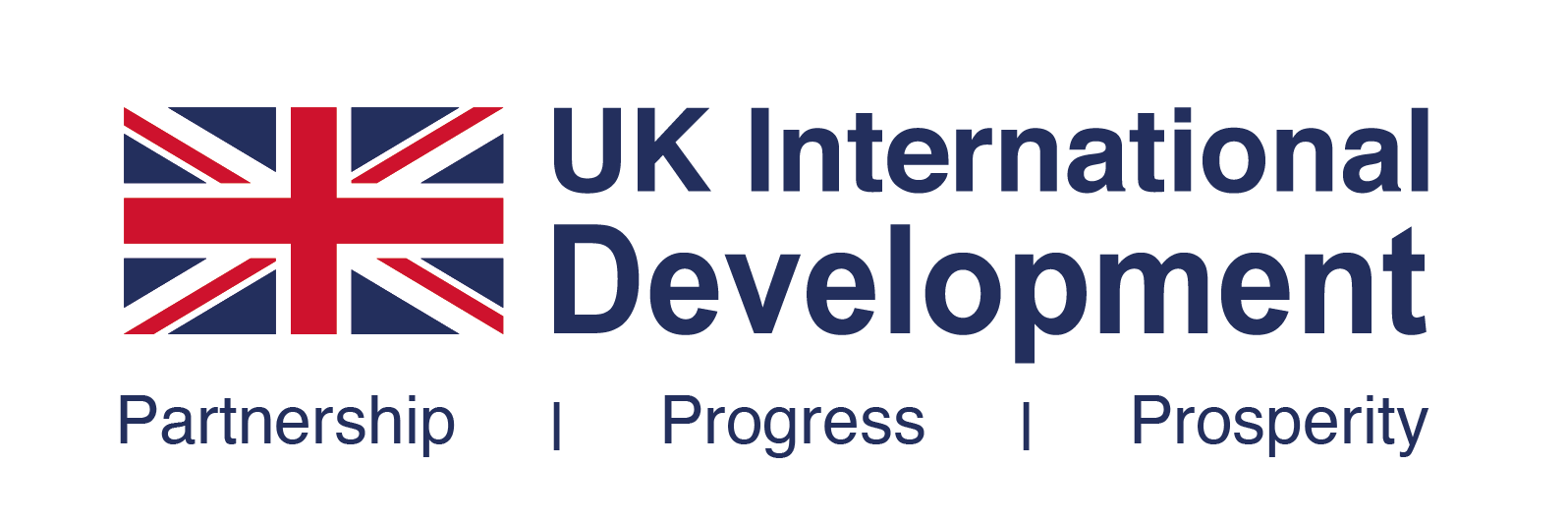
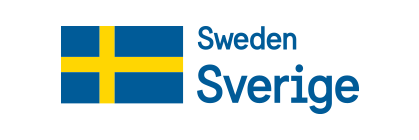

Thank you to our partners: Zain for providing the Arabic translation; Zonful for providing the Shona and Ndebele translations; ScholarX for translating the videos into Pidgin, Yoruba and Igbo; Orenda for translating the videos into Urdu; WFP Somalia for providing the Somalia translation; Dialog Sri Lanka for providing the Sinhala and Tamil translations; Internet Society Kyrgyzstan Chapter for the Russian and Kyrgyz translations; and Jio and MTN for partnering with us to create the Internet Use Cases India and Ghana videos respectively.
